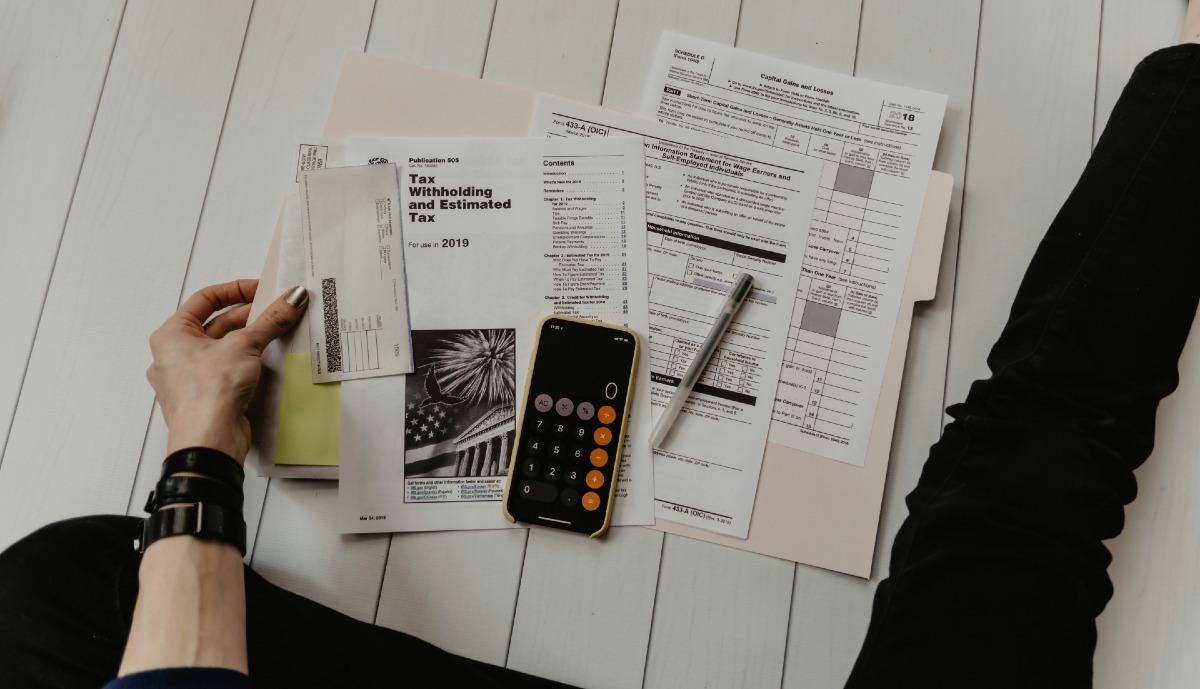Aussie Airbnb hosts are raking in up to $3,000 a month on average according to the platform and Airbnb country manager for Australia and New Zealand Sam McDonagh says it's allowing people to pay off their household expenses.
“People are turning to Airbnb to take typically their biggest asset, their own home, and turn it into an extra income," Mr McDonagh said.
"The average Australian Airbnb host earns a modest $5,600 a year in income, which we know helps pay the mortgage, pay the bills, or even fund their family holiday."
With over nine million spare bedrooms in Australia (according to the most recent census) and the cost of home ownership only going up, it makes good financial cents (pun intended) to use your home to pay off your mortgage faster and pocket the savings.
We’ve put together a guide on how to host your property on Airbnb and turn that spare bedroom (or entire property) into a nice little money-spinner.
What is Airbnb?
Airbnb is a community-driven and moderated marketplace where hosts advertise their spare space to potential short-term renters. That spare space could literally be the extra bedroom in your shoe-box sized apartment or your holiday house, to a remodeled bus, a tree house, an airship, or an entire castle…
Airbnb hosts and travellers are both reviewed on their space and behaviour respectively. Airbnb hosts can now be found in over 191 countries and in more than 65,000 cities across the world. Airbnb gives travellers a bigger variety of accommodation options (oh hey there, bubble hotel) at a wider range of price points.
Since launching in 2008, Airbnb continues to expand and offer new features such as Airbnb Trips and Experiences, and Business Travel.
How much does it cost to list property on Airbnb?
It’s free to list your space on Airbnb, but Airbnb charges a 3% host service fee which is deducted from the booking subtotal (it can go up to 5% if you’ve got a strict cancellation policy).
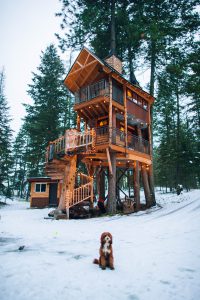
You can stay in all sorts of properties on Airbnb!
Airbnb acts as the middleman between the host and the renter to mediate any issues, enforce minimum requirements, and offer protection.
Airbnb provides Host Protection Insurance which provides liability coverage for up to $1,000,000 USD per occurrence in the event of damage to the property or bodily injury related to an Airbnb stay.
What should you charge for your Airbnb listing?
You can technically charge anything you like – just don’t expect your place to be popular among travellers if you jack up the prices too much.
It’s never easy to work out what your property is actually worth to someone who may have different cultural values or expectations if they’re travelling from abroad. Seeing your property through the eyes of a guest can take lots of research.
- What is the demand like in your area for short-term accommodation? The availability of properties similar to yours can help determine whether you should price your space more competitively.
- Do a search for Airbnb spaces that are similar to yours in the area. Look for similar features, locations, rooms, etc to get an idea of how much you should be charging.
- You may also want to factor in costs like daily water, electricity, internet usage – particularly if you have features in your property that consume lots of electricity, like a heated pool.
- Take seasonal changes into consideration. When it’s peak holiday season, you may not have to price your space as competitively.
- Consider dropping the price mid-week to encourage longer stays.
How do Airbnb hosts get paid?
Airbnb will send hosts their money, via the payment option selected, 24 hours after check-in time.
There’s a 30-day buffer in place for new Airbnb hosts before payment can be made, however. If, for example, you wind up with a reservation on the very first day you sign up to be an Airbnb host (highly unlikely) it will be 30 days before you are paid. But if you get your first booking after 31 days of signing up to Airbnb, you only have to wait the standard 24 hours.
That said, there are always outside elements that can delay the payment process, like processing delays.
Can renters be Airbnb hosts?
If you’re renting the property you want to list on Airbnb, you’re entering a very grey area.
While sub-letting your property through Airbnb is allowed by the Airbnb host program, it may not be allowed through your lease, landlord or body corporate. An apartment building may have its own set of rules relating to Airbnb that landlords and tenants have to follow.
Before sub-letting a property you rent through Airbnb, it would be wise to make sure everything stays above board by:
- Informing your landlord. Most new leases will have a clause written into them that says sub-letting requires written consent from the owner.
- Set down clear rules for guests which can be communicated to neighbours, landlords and building organisations, such as the frequency of guests, noise restrictions, code/key restrictions, etc.
- Ensure your neighbours are able to get in touch with you if they’re concerned about anything – complaints from unhappy neighbours can spell trouble for your lease.
- Notify your neighbours and landlord when someone books the property so no one is caught out by surprise.
Airbnb tax in Australia
If you rent out part or all of your home, the rent money you receive is generally regarded as assessable income, which has to be declared on your income tax return.
Capital gains tax (CGT) is payable when you sell a rental property. While CGT is generally not payable on the family home, if you’re renting out your family home (even just part of it) on Airbnb, you may face an ATO tax bill for CGT when the time comes to sell.
You can also claim expenses and depreciation for the percentage of the area of your house that was rented out. Airbnb tax advantages can include portions of:
- Internet and phone costs
- Water, power and council rates
- Upkeep and repairs
- Interest on your mortgage
- Depreciation on the cost of furnishings and equipment
Long-term renting or Airbnb?
If you’re reading this article, it’s safe to say you’ve likely already made the decision to set yourself up as an Airbnb host instead of renting out your investment property to a long-term tenant.
If you’re looking to buy an investment property solely to use as an Airbnb, it’s a good idea to consider the location of the property. If your property is a bit far off the beaten track, it may not thrive as well as a property in a holiday hot spot. In those locations, renting out your property to a long-term tenant would probably be the better option.
Airbnb pros and cons for hosts
Pros |
Cons |
|
Flexibility – you decide how long someone will stay for. |
Less social and travel freedom because you need to be there to clean the property in between stays (unless you outsource this). |
|
Charge a nightly rate that can exceed long-term rental profits. |
Furnishing the property can be expensive. |
|
Adjust rates based on peak periods. |
Tax is payable on income earned through Airbnb |
|
Airbnb Host Protection Insurance provides liability coverage for up to $1,000,000 per occurrence in the event of damage to the property or bodily injury related to an Airbnb stay. |
Airbnb’s Host Protection Insurance doesn’t cover loss of earnings or property damage due to mould or pollution. |
|
You can enlist a company to manage the key drop and cleaning for you (a cut of your earnings). |
You need to respond to enquiries quickly and deliver on the service and features promised in the listing to maintain good reviews. |
|
It’s free to advertise on the Airbnb platform. |
You will pay a 3% hosts service fee. |
|
You don’t necessarily need to worry about evicting a bad tenant. |
You have to declare rental income in your tax return and potentially pay capital gains tax when you sell the property. |
|
There may be extended periods of time where you don’t have bookings |
Long-term rental pros and cons
Pros |
Cons |
|
You know the property will be filled for an extended period of time. |
Can’t adjust the rental rate for peak holiday periods. |
|
Hand over all admin tasks to a property manager. |
About 7% to 10% of your rent will go to your property manager. |
|
Steady, reliable cash flow. |
Lower rental rate from tenants than Airbnb. |
|
More freedom, don’t need to be as hands-on as Airbnb hosts. Live a separate life and collect the rent. |
You will have to pay to advertise the property to attract tenants. |
| You don’t need to fully furnish the property to a high standard before renting it out. | You also need to declare rental income in your tax return |
Tips for Airbnb hosts
1. Allow for enough time between check-ins
You want to maximise the amount of revenue you pull in, which means allowing guests to check in on the same day another guest checks out. But cleaning up after each guest can take hours (think washing sheets and towels, vacuuming, mopping, washing dishes, etc), particularly if a guest was a pig and left a big mess behind for you to clean up.
If you are renting out entire properties, allow enough time between guests to clean up or consider outsourcing this to a professional cleaning company.
2. Set out clear rules for guests
Airbnb asks guests to accept the rules as part of the booking process, so make sure everything that’s relevant is included. This means adding rules related to noise restrictions, who is and isn’t allowed in the property (no guests), whether pets or babies are allowed, rules around having parties, locking doors/windows when leaving the property, check-in and check-out times, etc.
3. Write a welcome guide
You may know the area like the back of your hand – but your guests probably don’t, especially if they’re coming from interstate or overseas.
Writing a welcome guide for guests that includes any quirks of the house, suggestions for local landmarks or cafes in the area, an extra copy of the house rules, what you expect from your guests at check-out (take out the rubbish, lock doors, etc).
Consider getting this translated into other languages for visitors from abroad – you can find freelancers who will do this for you on websites like Upwork.
4. Aim for Superhost status
Being a Superhost on Airbnb ranks you higher in search results and gives you a little badge on your profile. Guests also have the option to search for only Superhost listings when looking for somewhere to stay.
Essentially, being a Superhost means you’re an experienced host who goes above and beyond what’s expected to make guests experience enjoyable. Superhosts have to maintain a 4.8 star rating to keep their status.
If the sky’s the limit, reaching Airbnb Plus status is the creme de la creme of Airbnb. If you want to get your property listed as Airbnb Plus, it needs to be the cream of the crop (read: highly Instagrammable).
5. Be the hostess with the mostest
The last time I stayed in an Airbnb, the host filled the fridge with Tim Tams, strawberries and bottles of sparkling water and the coffee machine was well stocked with pods.
Guests always appreciate it when a host goes above and beyond to make their stay special. Simple touches like a personalised note welcoming the guests, fresh flowers, or even a bottle of champagne if you know your guests are there to celebrate something can all go a very long way.

Little touches like fresh flowers can go a long way
On the flip side, I’ve definitely stayed in Airbnb’s where it was probably a little too personal (the wardrobe in the master bedroom of one Airbnb I stayed in had all the host's clothes and shoes inside).
6. Lock away your valuables
If you’re renting out your entire home when you won’t be there, you’ll want to find a safe space to store anything of high sentimental or financial value. Photo albums, your wedding dress, jewellery, bank statements, etc are all examples of things you want to keep secure. If there’s a room in your home (such as an office or even just a closet) with a lock, put everything away in there that you wouldn’t want guests to get their hands on.
7. Consider minimum-night stay requirements
This one comes down to personal preference, but if you’re allowing people to book for one night only, you’re opening yourself up to doing a lot more laundry and cleaning. You may also miss out on longer and more lucrative bookings simply because a one-night stay overlaps with it.
8. Respond quickly
If you take too long to respond quickly to messages from guests, your response rate goes down and that hurts your chances of reaching Superhost status. Even if your answer is a “no”, a simple “thanks for your inquiry but unfortunately I’m unable to host you at this time” is enough for most people.
9. Take advantage of Airbnb’s professional photographers
Photos can make or break an Airbnb listing, so why not give your space the best chance of being booked by getting professional photos taken?
Airbnb have photographers who are experts in listing photography to help your listing stand out. You simply request a photoshoot and one of their photographers will take two to three shots per room. The cost of the shoot is then automatically deducted from future bookings (it takes about three bookings for most Airbnb hosts to pay off the cost).
Savings.com.au’s two cents
If you’re looking to become an Airbnb host, your intention is more than likely to pick up a side hustle– not to start up a fully-fledged business. Of course, how much you earn depends on the amount you charge and how often you rent your space out.
Hosting on Airbnb involves more than just collecting cash. Opening up your home to strangers comes with risks, particularly if you’re not going to be there during their stay.
But if you have the time and energy to invest, renting out your spare space or entire property on Airbnb can be a great way to generate an extra income which can be used to pay off your mortgage, fund your family holidays, or simply top up your savings.
Last updated 21/06/21
Photo by Toa Heftiba on Unsplash
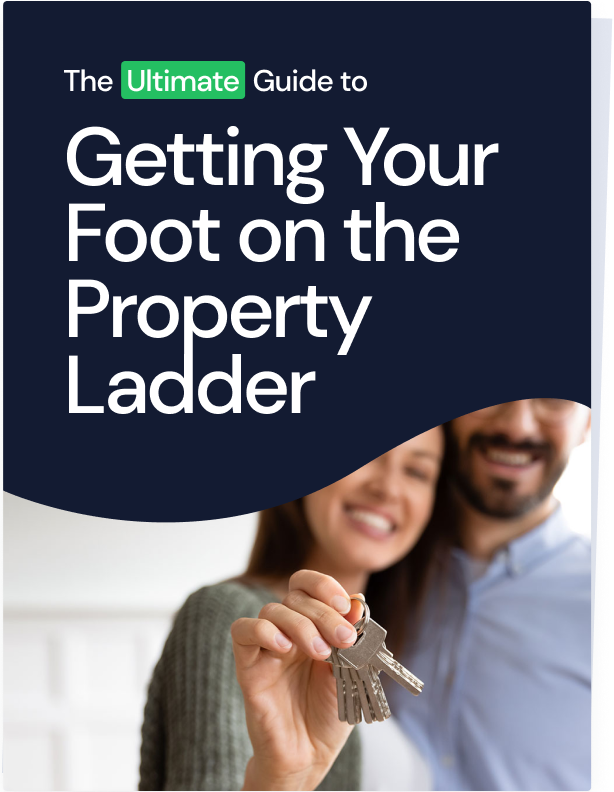
Ready, Set, Buy!
Learn everything you need to know about buying property – from choosing the right property and home loan, to the purchasing process, tips to save money and more!
With bonus Q&A sheet and Crossword!



 Emma Duffy
Emma Duffy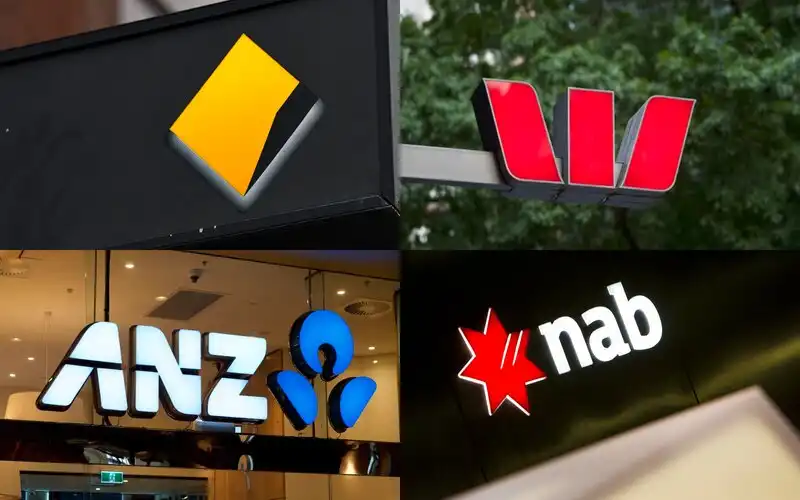
 Harrison Astbury
Harrison Astbury
 Rachel Horan
Rachel Horan
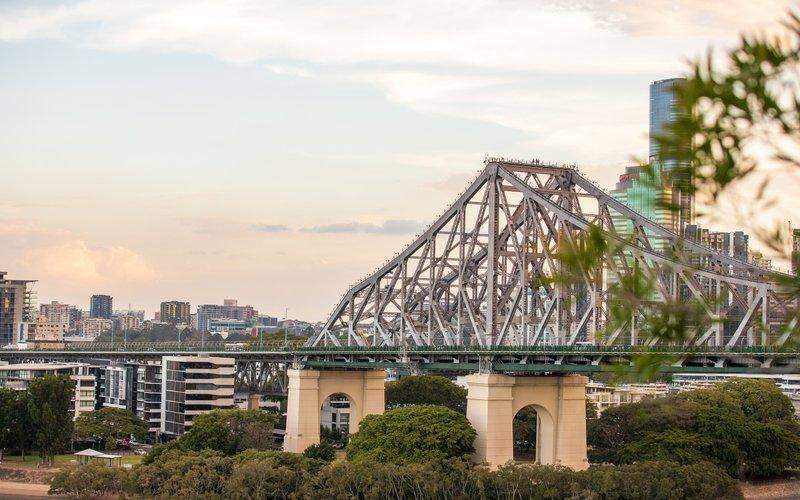
 Alex Brewster
Alex Brewster
